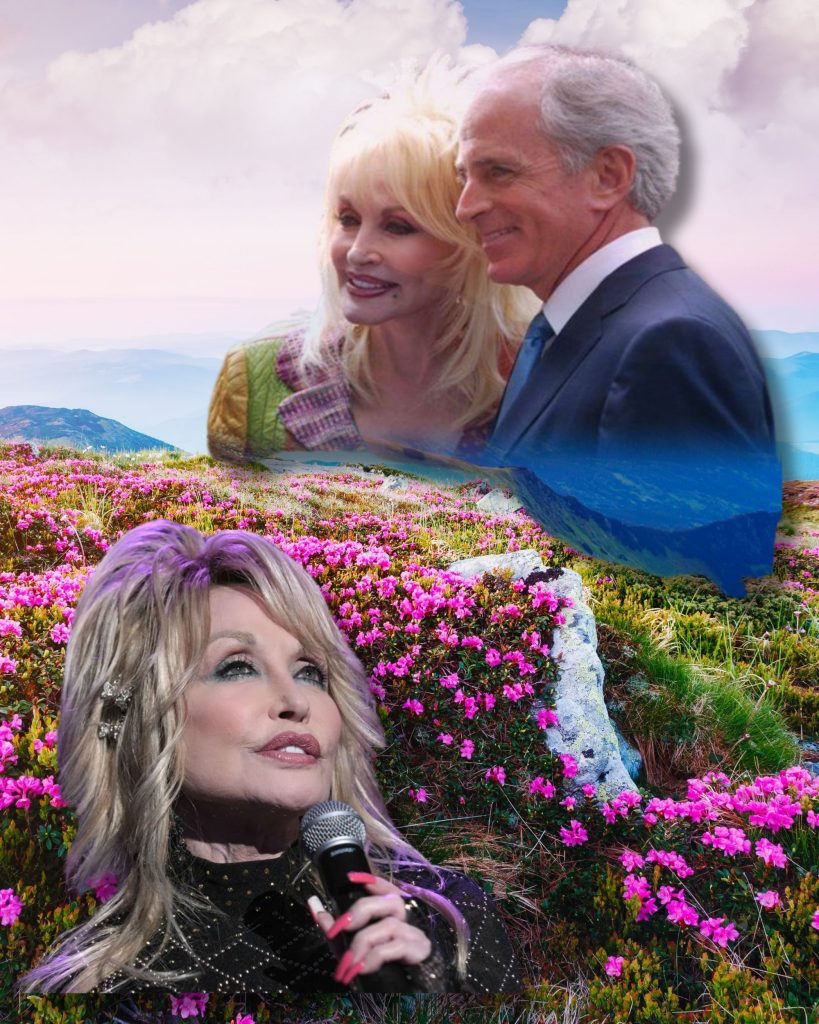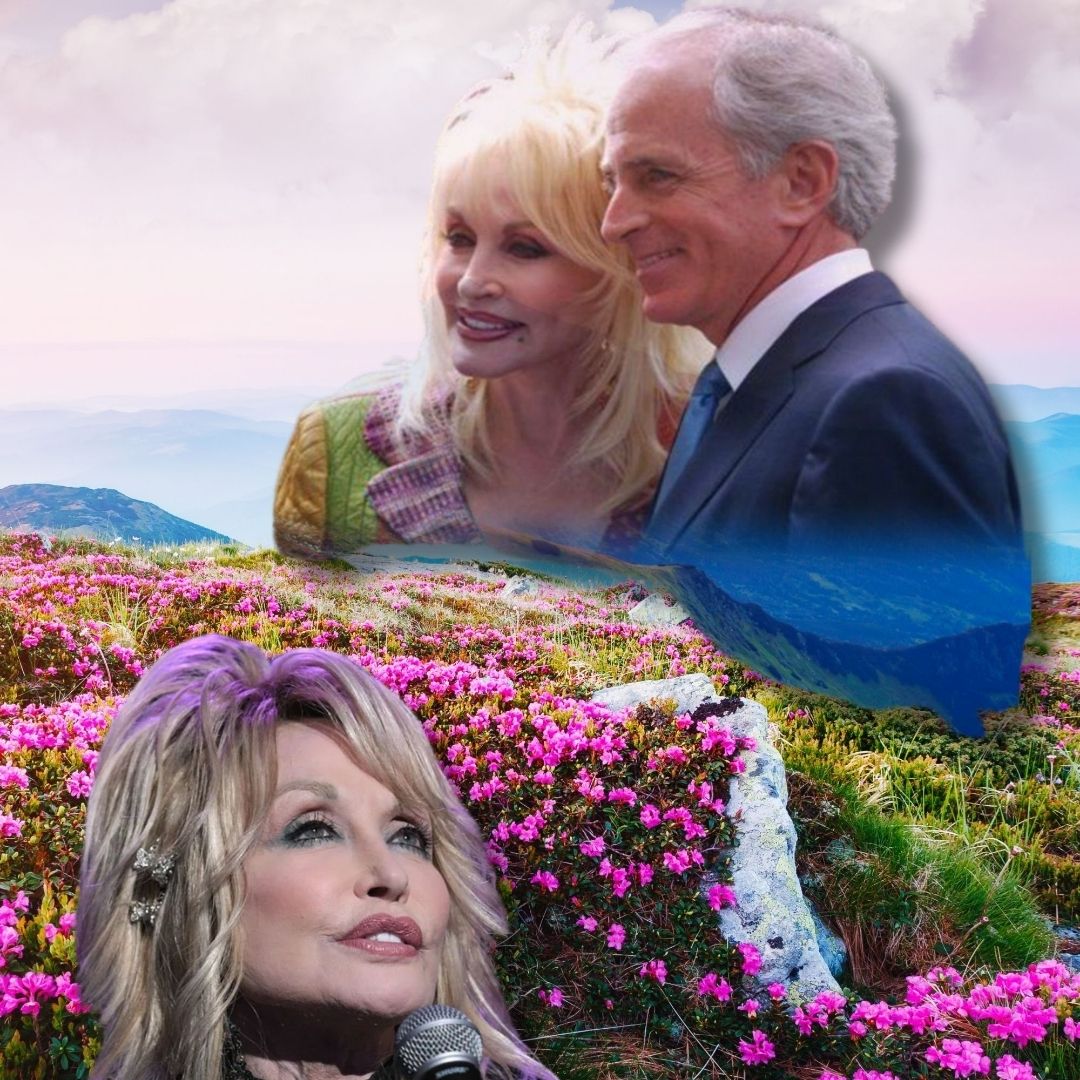
Introduction
I still remember the first time I heard “Jolene” crackling through the speakers of my grandmother’s old radio. It was a humid summer evening, and Dolly Parton’s voice—pleading yet powerful—filled the room, weaving a story of love, jealousy, and vulnerability that stopped me in my tracks. Little did I know then that this song, born from a real-life encounter and a chance meeting with a young fan, would become one of the most iconic pieces in country music history. Let’s dive into the tale of “Jolene,” a song that feels as personal to me as it does to the millions who’ve sung along to its haunting refrain.
About The Composition
- Title: Jolene
- Composer: Dolly Parton
- Premiere Date: Released as a single in October 1973
- Album/Opus/Collection: Featured as the title track on the album Jolene, released February 4, 1974
- Genre: Country
Background
“Jolene” was penned and performed by the legendary Dolly Parton, a titan of country music whose storytelling prowess shines through in this classic. The song’s inception is rooted in two real-life moments from Parton’s life. The first spark came from a flirtatious red-headed bank clerk who caught the eye of Parton’s husband, Carl Dean, shortly after their marriage—a situation that stirred enough jealousy to inspire the song’s narrative. The second influence was a chance encounter with a young fan named Jolene, whose striking beauty and unique name left an impression on Parton during an autograph session. Recorded on May 22, 1973, at RCA Studio B in Nashville and produced by Bob Ferguson, “Jolene” was released in October of that year, just as Parton was transitioning to a solo career after years with Porter Wagoner. It soared to number one on the country charts in February 1974, cementing its place as her second solo chart-topper and a cornerstone of her repertoire. Initially a moderate pop hit as well, its emotional rawness resonated widely, marking it as a standout in Parton’s early solo journey.
Musical Style
“Jolene” is deceptively simple yet profoundly effective in its musical construction. Built around a fingerpicked guitar pattern—performed by Chip Young, with Wayne Moss adding a complementary steel-string layer on the second refrain—the song’s instrumentation is sparse but evocative. The steady, almost hypnotic rhythm mirrors the narrator’s desperate plea, while Parton’s vocal delivery oscillates between vulnerability and strength. There’s no grand orchestral flourish here; instead, the minimalist arrangement amplifies the intimacy of the storytelling. The melody, with its gentle rise and fall, carries a timeless quality that feels both rooted in traditional country and universally accessible, making it a perfect canvas for Parton’s emotive performance.
Lyrics/Libretto
The lyrics of “Jolene” tell a tale of quiet desperation, as the narrator begs the titular Jolene—a woman of unparalleled beauty—not to steal her man. Lines like “Your beauty is beyond compare / With flaming locks of auburn hair” paint a vivid picture of the rival, while “I’m begging of you, please don’t take my man” lays bare the narrator’s insecurity. The repetition of Jolene’s name in the chorus becomes almost a mantra, amplifying the emotional stakes. The song explores themes of jealousy, love’s fragility, and feminine rivalry, yet there’s an undercurrent of admiration for Jolene’s allure. This duality—pleading yet praising—marries seamlessly with the music’s understated intensity, creating a narrative that’s as compelling as it is relatable.
Performance History
Since its debut, “Jolene” has been a staple in Parton’s live performances, from intimate venues to massive festivals like Glastonbury in 2014, where it re-entered the UK charts. Its initial reception as a number-one country hit in 1974 was just the beginning; over the decades, it has been covered by countless artists across genres—Olivia Newton-John’s disco take, The White Stripes’ raw rock rendition, and Pentatonix’s Grammy-winning a cappella version with Parton herself in 2016. Each performance underscores its versatility and enduring appeal. Critics and fans alike have hailed it as a defining work in country music, with Rolling Stone ranking it number one on their 2024 list of the “200 Greatest Country Songs of All Time.”
Cultural Impact
“Jolene” transcends its country roots to leave an indelible mark on popular culture. Its influence is evident in music, with artists from Beyoncé (on her 2024 album Cowboy Carter) to The Sisters of Mercy reinterpreting it, proving its adaptability across genres. Beyond music, it inspired an episode of Netflix’s Dolly Parton’s Heartstrings in 2019, exploring its themes of insecurity and rivalry. The song’s universal story has also sparked answer songs like Cam’s “Diane” (2017) and Chapel Hart’s “You Can Have Him Jolene” (2021), extending its narrative legacy. Its presence in media and its countless covers highlight its role as a cultural touchstone, resonating far beyond the classical country sphere.
Legacy
“Jolene” endures because it taps into something elemental—our fears of losing love, our awe at beauty, and our capacity for resilience. Its relevance today is unshaken; whether it’s Beyoncé’s fierce 2024 reinterpretation or a quiet acoustic cover, the song continues to captivate. For performers, it’s a showcase of emotional depth; for listeners, it’s a mirror to their own vulnerabilities. Ranked 63rd on Rolling Stone’s “500 Greatest Songs of All Time” in 2021 and inducted into the Grammy Hall of Fame in 2014, “Jolene” stands as a testament to Parton’s genius and a beacon in the country music canon.
Conclusion
To me, “Jolene” is more than a song—it’s a feeling, a story that lingers long after the last note fades. There’s something magical about how Dolly Parton turned a moment of personal jealousy into a universal anthem. I urge you to listen to the original 1973 recording for its raw honesty, or explore Pentatonix’s 2016 version for a fresh twist with Parton’s own voice woven in. Better yet, catch a live rendition if you can—it’s a reminder of music’s power to connect us across time and experience. What’s your “Jolene” moment? Dive in and find out
Video
Lyrics
Jolene, Jolene, Jolene, Jolene
I’m begging of you please don’t take my man
Jolene, Jolene, Jolene, Jolene
Please don’t take him just because you can
Your beauty is beyond compare
With flaming locks of auburn hair
With ivory skin and eyes of emerald green
Your smile is like a breath of spring
Your voice is soft like summer rain
And I cannot compete with you
Jolene
He talks about you in his sleep
And there’s nothing I can do to keep
From crying when he calls your name
Jolene
And I can easily understand
How you could easily take my man
But you don’t know what he means to me
Jolene
Jolene, Jolene, Jolene, Jolene
I’m begging of you please don’t take my man
Jolene, Jolene, Jolene, Jolene
Please don’t take him just because you can
You could have your choice of men
But I could never love again
He’s the only one for me
Jolene
I had to have this talk with you
My happiness depends on you
And whatever you decide to do
Jolene
Jolene, Jolene, Jolene, Jolene
I’m begging of you please don’t take my man
Jolene, Jolene, Jolene, Jolene
Please don’t take him even though you can
Jolene, Jolene
